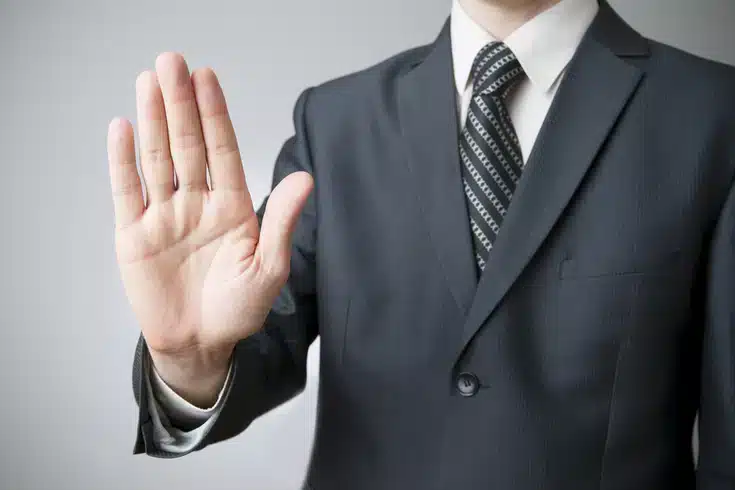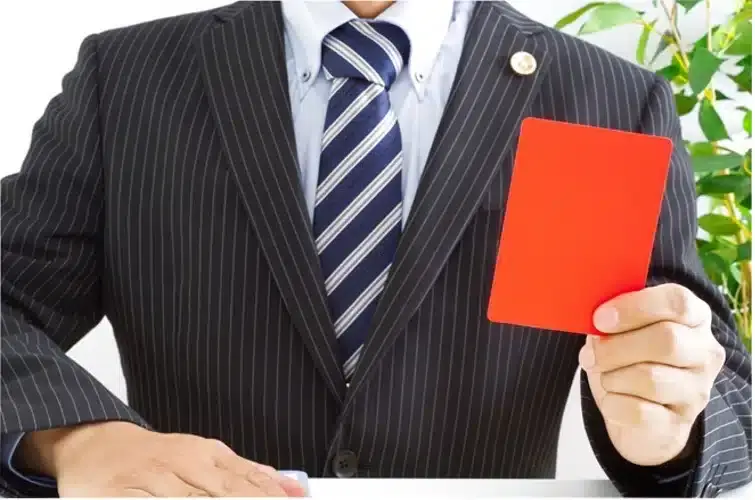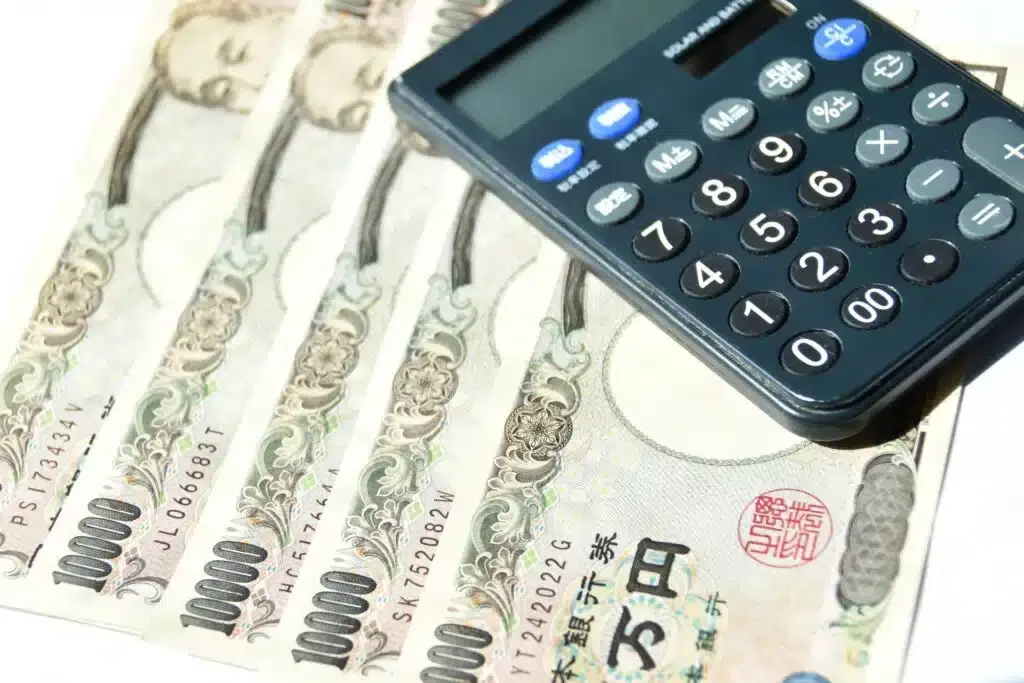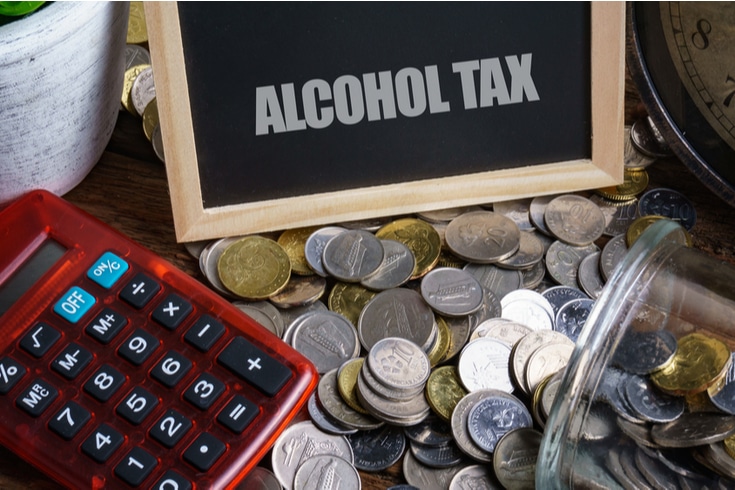Is Reselling More Than Just Tickets Illegal? What are the Specific Measures Companies Can Take to Prevent Damage?

In the fall of 2020, Uniqlo launched a collection in collaboration with Jil Sander (+J), which was purchased in large quantities for the purpose of resale and listed on flea market apps such as Mercari.
Furthermore, with the spread of the new coronavirus, items such as masks and alcohol disinfectants have been bought up and resold, making resale a social issue.
As flea market apps and online auctions become increasingly popular, we believe there are many business operators who are troubled by such resale activities.
In this article, we will explain the laws applicable to resale and specific measures against resale for business operators, case by case, including tickets, quasi-drugs, and used goods.
Is Reselling Illegal or Legal?
Reselling refers to the act of selling purchased goods to others. Whether the product is brand new or second-hand, if you sell something you’ve bought to someone else, it’s considered reselling. With the increasing number of users on flea market apps and auction sites, it’s expected that reselling will continue to grow.
Moreover, there are people known as “resellers” who buy up large quantities of products that are likely to become scarce at regular prices and sell them at high prices, which has become a problem.
Unscrupulous reselling can cause losses to various businesses, including manufacturers, artists, and ticket sellers.
However, not all acts of reselling are illegal. The laws that apply vary depending on the product being resold, and it is only illegal if those laws are violated.
Applicable Laws for Reselling Activities
While ticket reselling may often be associated with illegality, there are instances where it is not illegal. Conversely, reselling items other than tickets can sometimes be illegal.
In this article, we will explain the laws applicable to the reselling of tickets, over-the-counter drugs, and second-hand goods.
Reselling Tickets
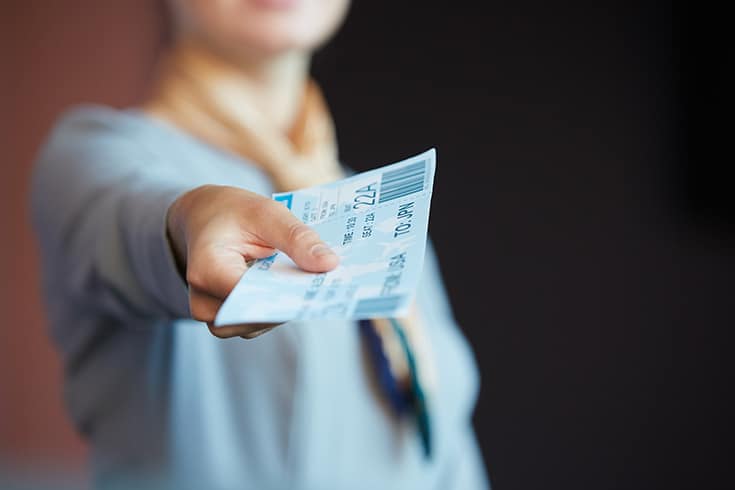
The “Japanese Act on Ensuring the Proper Operation of Ticket Sales for Specified Performances” (Japanese Anti-Scalping Law), which was enacted in 2019 (Gregorian calendar year), applies to the resale of tickets.
However, not all ticket resales are prohibited. The following are prohibited:
- Reselling tickets for a price higher than the selling price without the prior consent of the event organizer or seller as a business
- Acquiring tickets for the purpose of illegal resale
These are the prohibited actions.

The key point here is the term “as a business”.
“As a business” means “carrying out repetitively and continuously with the aim of making a profit”.
Therefore, it is less likely to be considered illegal resale if you resell a concert ticket at face value because you can’t go due to sudden illness or other reasons.
If you violate the Japanese Anti-Scalping Law, you may be subject to:
- Imprisonment for up to one year
- A fine of up to 1 million yen
Either or both of these penalties may be imposed.
Reselling Over-the-Counter Drugs
While pharmaceuticals cannot be sold without a pharmaceutical sales business license under the Japanese Pharmaceutical Affairs Law, the resale of over-the-counter drugs is not illegal.
However, the following actions are prohibited when reselling over-the-counter drugs:
- Selling with a description of effects not approved for the product (exaggerated advertising)
- Selling in a state where the statutory display (name of the manufacturer and seller, manufacturing number, etc.) has been erased
If you violate the exaggerated advertising regulations, such as selling with a description of effects not approved for the product, you may be subject to:
- Imprisonment for up to two years
- A fine of up to 2 million yen
Either or both of these penalties may be imposed.
Furthermore, from August 1, 2021 (Gregorian calendar year), a surcharge system will be introduced, and 4.5% of sales will be collected as a surcharge.
For more details on exaggerated advertising of over-the-counter drugs, please refer to the following article.
https://monolith.law/corporate/quasi-drug-advertisement-guidelines[ja]
Reselling Used Goods
If you repeatedly purchase used goods for resale and conduct resale as a business, you will need a license as a used goods dealer under the Japanese Secondhand Articles Dealer Act. If you operate without a license, you may be subject to:
- Imprisonment for up to three years
- A fine of up to 1 million yen
Either or both of these penalties may be imposed.
If you are selling used goods from your home on a flea market app, you do not need a license.
Also, used goods dealers are required to verify the identity of the supplier when purchasing goods.
However, it may be difficult to verify the identity of the supplier when purchasing goods on auction sites or flea market apps. In such cases, you may be considered to have neglected your duty to verify the identity of the supplier and may be in violation of the Japanese Secondhand Articles Dealer Act.
Measures Companies Can Take Against Reselling
The following measures can be considered to combat reselling:
- Implementing a fraud detection system
- Reducing the difference between the initial price and the regular price
Particularly malicious resellers may use automated programs to place large orders. In such cases, adopting a system that rejects anything other than normal logins can be effective.
Also, for some products, the difference between the initial price and the regular price is large, and it is conceivable that the same person may pretend to be different people, purchase multiple times, and resell for profit. In that case, it would be important not to set the initial price too low.
However, the reality is that it is difficult to completely prevent reselling. If you are troubled by malicious reselling, it is recommended to consult a lawyer to prevent reselling from a legal perspective.
Summary
In recent years, reselling has become increasingly popular. However, the laws that apply vary depending on the product being resold.
As the number of users of flea market apps and auction sites increases, the importance of measures against reselling will continue to rise. If you want to take proper measures against reselling, it is advisable to consult with a lawyer who is knowledgeable about the relevant laws.



